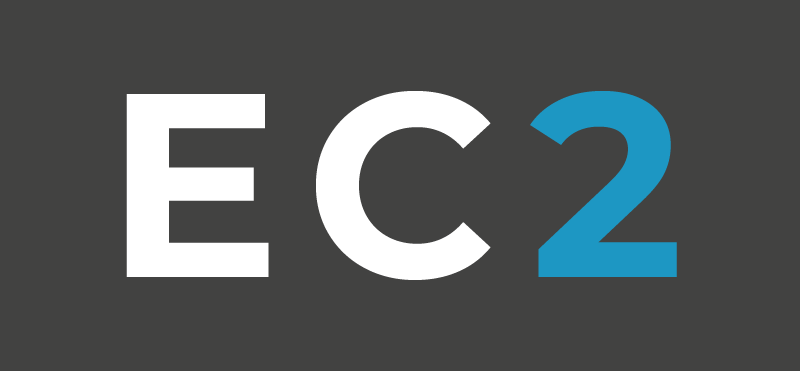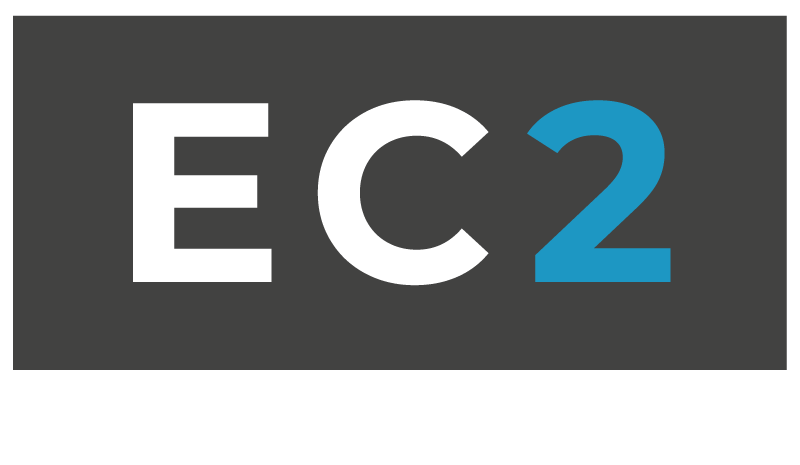In recent years, private equity funds have become key players in business financing. Quebec is particularly dynamic in this field. In 2023, nearly 350 transactions were completed, representing a total investment of 4 billion dollars (CAD), according to the Canadian Venture Capital and Private Equity Association. This accounts for almost half of the private equity transactions conducted nationwide, with private funds injecting 9.7 billion dollars into businesses.
The year 2024 also looks promising. In the first half of the year alone, private investments reached 6.5 billion dollars in Quebec, compared to 8.3 billion dollars nationwide.
Calling upon private equity can be a powerful accelerator for a company’s development. This type of financing offers significant strategic advantages, but also presents challenges that need to be carefully analyzed.
Five Advantages of Private Equity Funds
1. Funding Capacity :
Private equity funds provide significant capital to support growth, finance acquisitions, or innovation projects, accelerating development or stabilizing the financial situation of the company.
2. Financial Flexibility :
Unlike traditional banking solutions, private equity funds offer flexibility without immediate repayment obligations, allowing companies to finance ambitious projects (organic growth, strategic acquisitions, international expansion) without being immediately constrained by repayment deadlines.
3. Strategic Expertise :
Beyond financial support, the strategic expertise provided by private equity funds is a major asset. Their experts have experience in key areas (management, finance, marketing, international development), which can help improve company performance. These funds can also offer useful contact networks for strategic partnerships or business opportunities.
4. Synergies Between Companies :
By managing several companies in similar sectors, private equity funds create synergies that benefit all portfolio companies through resource sharing or know-how.
5. Governance Strengthening :
Private equity funds help structure and professionalize company governance, implementing accountability and performance monitoring processes that, although sometimes seen as restrictive, enable more rigorous management. This structuring can be particularly beneficial for family businesses or rapidly growing companies that have not yet formalized their decision-making processes.
Trade-offs to Consider :
However, these advantages come with disadvantages that should not be underestimated. The partial loss of control is often the most difficult change for leaders to accept. The entry of a private equity fund into the capital necessarily involves a dilution of existing shareholding and the obligation to share strategic decisions. Entrepreneurs used to great autonomy must adapt to a new mode of operation where important decisions are discussed collectively. Tensions can arise, especially when strategic visions diverge.
Private equity funds generally aim for high returns over a relatively short period (often between five and seven years). This logic can create pressure on management to prioritize short-term results, sometimes at the expense of structural investments whose benefits would only materialize in the longer term.
Once their financial objectives are achieved, private equity funds usually seek to exit. The prospect of a planned exit can generate uncertainty about the company’s future for employees, customers, and business partners.
In summary, resorting to a private equity fund can be a lever for growth and development but involves trade-offs. Our team of experts at EC2 is available to help you understand the challenges of this type of financing and make an informed decision.






